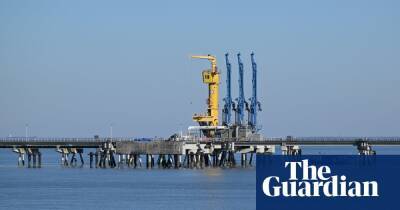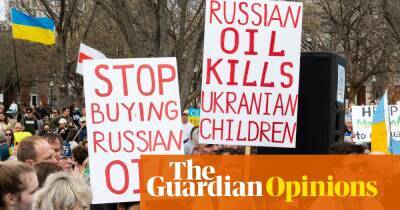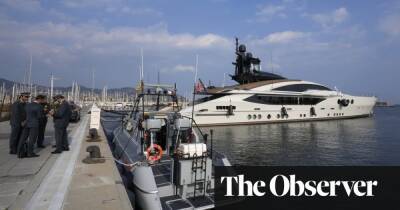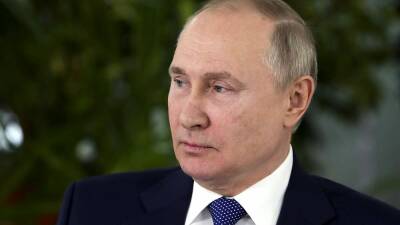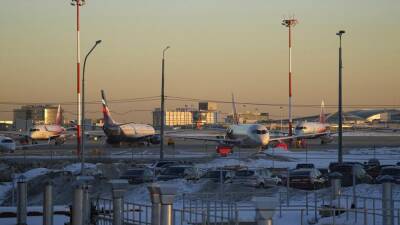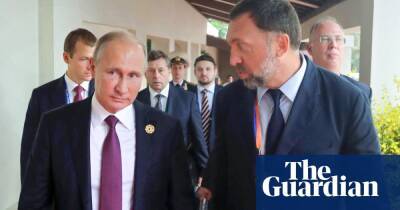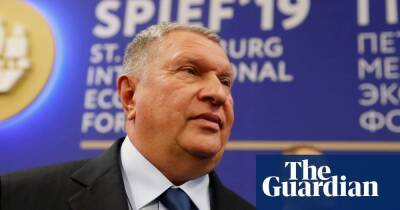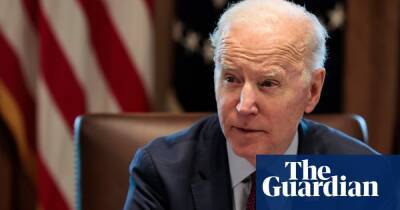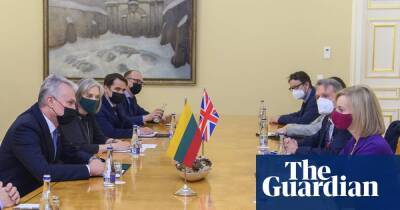Swift action at last brings meaningful sanctions against Putin regime
It has taken a week to reach this point, but western governments have put down their peashooters and wheeled out the financial howitzers against Vladimir Putin.
Far-reaching new sanctions against Russia were announced on Saturday night in a joint statement from the EU, UK, US and Canada.
Having promised to “hit Russia very hard” with a barrage of sanctions, the UK’s first attempt at economic retaliation, presented to parliament by Boris Johnson on Tuesday, was dismissed as the equivalent of taking a “peashooter to a gunfight”.
Successive UK measures, announced on Thursday and Friday, were a little more meaningful, but a long way from inflicting serious damage. The steps taken by the US and the EU also lacked bite, falling well short of the kind of restrictions currently imposed on North Korea or Iran.
The UK has pushed for more, joining Ukraine’s leaders in calls to expel Russia from Swift, the main global payments system used by banks to make cross-border money transfers. Progress at an EU level was hampered by the concerns of Germany and Italy, both of which are heavily dependent on imports of Russian gas to keep homes and factories supplied with energy. Hungary and France were also resistant.
But as the existential threat of the capture of a European capital by Russian forces began to percolate, national leaders shifted their positions, one by one. On Saturday, after a call with Ukraine’s president, Volodymyr Zelenskiy, the Italian prime minister vowed to fully support the EU line on sanctions, including Swift.
Not long after, the first truly meaningful joint action was announced.
Selected Russian banks will be expelled from Swift, a first step in disconnecting Russia from the international financial system. According to a
Read more on theguardian.com



